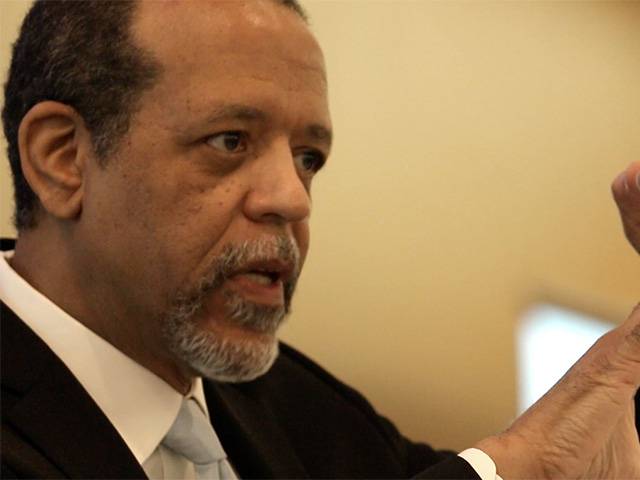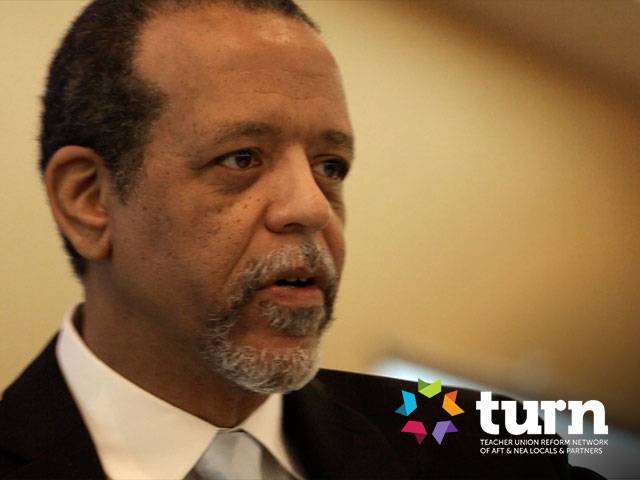Video 1 Author and Harvard professor Ron Ferguson shares information related to the many settings that children live in every day, and how educators can help students navigate those settings in a way that will lead to social and academic success.
Video Transcript
Children live in a world that has different sites in it, typically, they spend some time at home, they spend some times at school, they spend time on the playground, maybe they go to church and Sunday school, and each of these settings has its own rules, it’s own social norms. The bigger are the differences between those settings, the more difficult it is for children to move from one to another, the more stressful it is, the more disorganized life feels. There's a curriculum that the teachers teach, there's a curriculum the kids teach. Kids show up to school, the other kids teach them their identity, they teach how somebody who looks like you and comes from where you come from is supposed to behave, There are peer cultural problems beginning in kindergarten, where students are teasing one another and not being nice to one another To achieve ecological consistency to the degree that we'd like to see it achieved, somebody needs to play a leadership role. It's a matter of somebody stepping up and taking responsibility to do it on purpose. Kids distinguish teachers who are nice, or teachers who are fun, from teachers who really are great and who really care and who make the difference for them. Part of it is when an adult really cares about you, they do things for you they don't have to do. Second piece, they won't let you give up. The "won't let you give up" piece is really what we call "challenge," and challenging you to persist in the face of difficulty We want to achieve a culture where it's just normal for teachers to do home visits, for parents to check in periodically with teachers, for the after-school program providers to check in with teachers so they know what to emphasize in the homework. What we ideally want to achieve at the community level is a consistency, an ecological consistency, so when a child goes from one setting to another, it's not like they're going from one world to another. And so we need adults who are conscious of the ecology, who are conscious of what students are experiencing as they move from one setting to another, who maybe check in with kids periodically to see how it's going as they move through those settings and try to be sure that you get the kind of alignment that we think we need to have.









